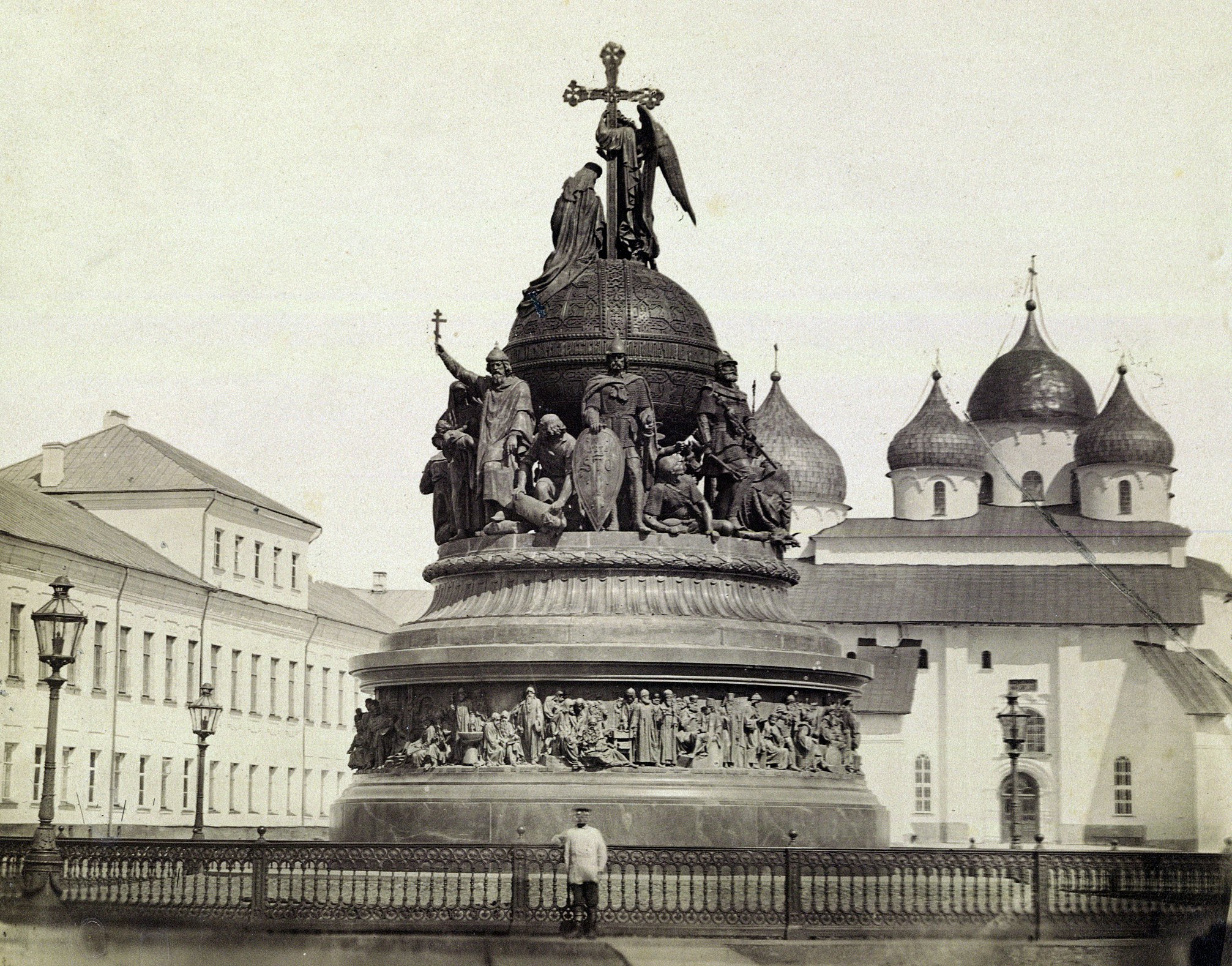Noble Titles: Buy A Title Of Nobility
페이지 정보
작성자 Noe 댓글 0건 조회 5회 작성일 24-12-22 14:43본문

You can’t discover baronial titles or other ranks wherever else. Becoming a lord or lady means acquiring the lowest rank of peerage, and such titles will be yours for just £29.99. Providing you with the chance to type your self as such on any future documentation, this represents the achievement of a life-lengthy dream for many. We provide detailed reviews for each title we recommend, making certain our shoppers have the knowledge they should make informed choices. If we can't locate a suitable title, we provide a full refund of the analysis fee—no questions requested. We honor the cultural and historical significance of noble titles, treating them with the respect they deserve. We're devoted to preserving their legacy and ensuring they are transferred solely to people who share our appreciation for his or her significance. The CILANE has no "president" but fairly a Coordinator elected for 3 years. CILANE permits every nationwide association to carry out projects together. It holds a world congress each three years. Most of the organizations represented in CILANE are personal initiatives, notably in nations where titles of nobility are now not recognized and subsequently unregulated by regulation.
In 1722, Czar Peter the good modified the system of promotion to membership in the aristocracy from one based mostly on ancestral inheritance to 1 based on the worth of precise service offered to the monarchy. By the 1800s, the wealth and thus the affect of the Russian aristocrats had been decreased because of their extravagant lifestyles and poor estate management combined with a series of legal guidelines limiting their political power.
This happened step by step and somewhat haphazardly - some nobles would style themselves with titles, even without official status. There was additionally some fluidity between ranks and titles, as effectively because the rights and privileges that accompanied them, the main points of which diversified all through the various European international locations as they altered and advanced over time. At the center of those discussions lies a elementary tension: how can we steadiness the values of equality with the preservation of heritage? One recent example comes from Spain, the place a duchess sparked public outcry by reclaiming access to a historic park. Elsewhere, people have fought legal battles to retain recognition for noble titles that stretch back centuries. Among them is the case of Edler Herr von Nordenburg, a hereditary title held by a household with roots tracing back to medieval Poland.
For instance, French noble titles had a authorized status and definition, whereas England’s peerage and gentry was more of a social order and class system. There were also variations of hierarchy across the nations of Europe and events when a French noble would outrank a noble of related title in another country. For instance, a French Duke who was in line to the throne would have been considered a higher rank than a prince of a smaller nation or much less powerful principality. Typically, though, the titles and ranks of French nobles aligned with the hierarchy of nobility in different countries of medieval Europe, albeit with a singular French flair. Essentially the most tangible legacies from the imperial past are of the material form: physical constructions such as cities, faculties, hospitals, railway stations, judicial and legislative buildings, roads, canals and bridges. There could also be general agreement concerning the continuing utility of many of these constructed legacies for put up-colonial governments and populations.